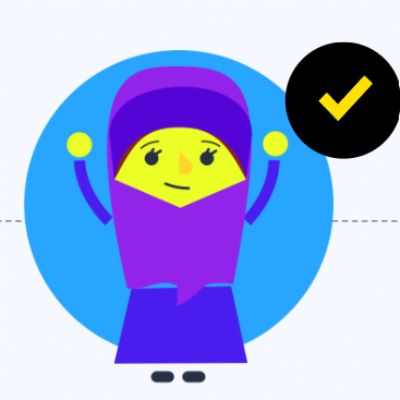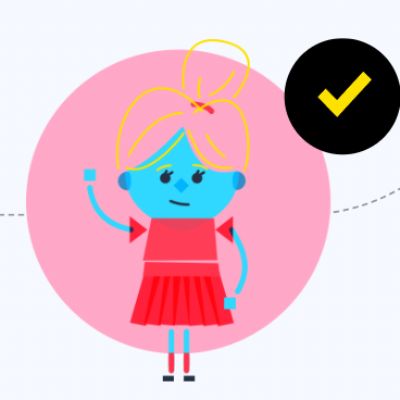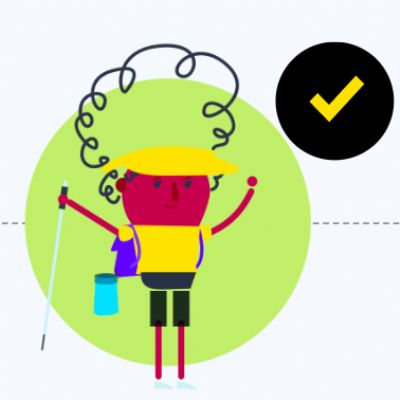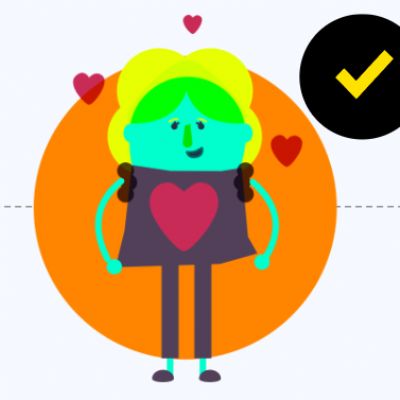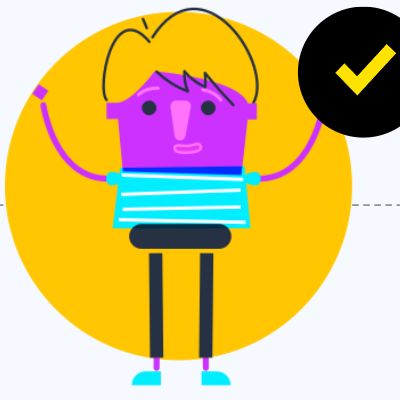At Dunbury, we value Personal, Social, Health and Economic Education (PSHE) as one way to support children’s development as human beings, to enable them to understand and respect who they are, empower them with a voice and to equip them for life and learning. To ensure progression and a spiral curriculum, we use SCARF, the mindful approach to PSHE, as our chosen teaching and learning programme and tailor it to your children’s needs. The SCARF programme offers us a comprehensive, carefully thought-through scheme of work which brings consistency and progression to our children’s learning in this vital curriculum area.
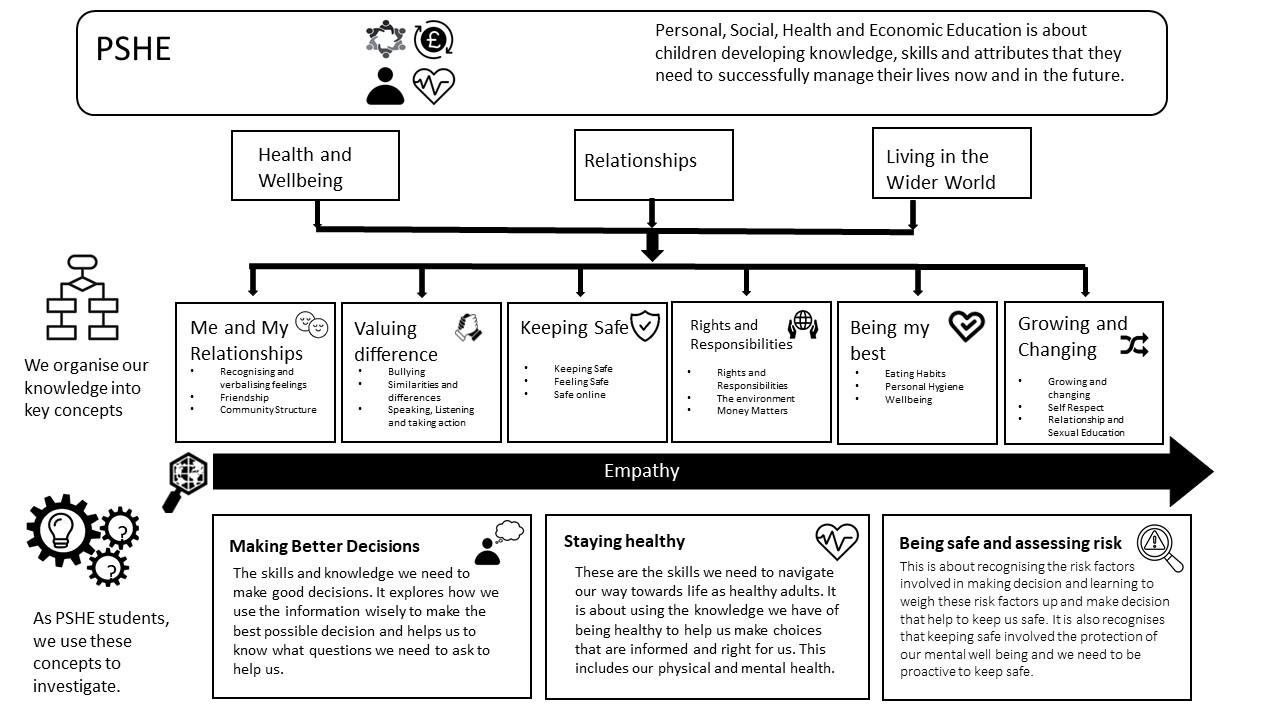
Bullying
The Anti-Bullying Alliance (ABA) and its members have a shared definition of bullying based on research from across the world over the last 30 years.
ABA defines bullying as:
"The repetitive, intentional hurting of one person or group by another person or group, where the relationship involves an imbalance of power. It can happen face to face or online."
In school we feel it is important to teach the children what bullying is as well as what it isn’t. Bullying is not a one-off incident or an occasional whoops moment, but a purposeful reoccurring event.
Starting a conversation about what bullying is, how to recognise it and what to do if you see or experience it can help prevent bullying more effectively than sanctions imposed.
-
Anti-Bullying Alliance This charity is at the forefront of the research relating to bullying and provide excellent guidance for teachers and parents on starting the conversation about bullying. Look at the parent carer page of the website to see and access their resources to have good conversations at home that help support your child.
-
Kidscape Referenced and promoted by ABA.
-
NSPCC A well known charity that supports children. The information is clearly laid o
Puberty
Helping your children understand changes at puberty
(Information taken from the SCARF Resources)
Children following the SCARF programme will already have a good understanding of their bodies, and how and why they change as they go through puberty.
For this age group it's often about building on that information and developing further knowledge about the emotional changes that take place. This should take place alongside learning the reasons for the changes in more detail, including developing an understanding of how people are able to reproduce - if they want to - when they’re adults.
Parents are recognised as children's primary educators for Relationships and Sex Education (RSE), yet many feel unprepared. Often this is because they had poor RSE themselves - from home, school, or both.
The following information and resources are designed to support you in helping your child navigate the emotional and physical changes that take place during puberty, as well as learning about sex in the context of safe, loving relationships.
Suggested reading list for 8-11 year-olds, covering reproduction/puberty/relationships/gender
- Girls Only by V Parker
- How your Body Works by Judy Hindley
- Let’s Talk About Sex by R H Harris
- Living with a Willy by N Fisher
- Sex is a Funny Word by C Silverberg and F Smyth
- The Period Book by K Gravelle
- The Puberty Book by W Darvill
- What’s Happening to Me? by P Mayle
- Alien Nation by The Proud Trust
Useful books for parents
Questions Children Ask and How to Answer Them by Dr M Stoppard
Speakeasy: Talking with your Children about Growing Up by fpa (Family Planning Association)
Useful websites for children
Amaze.org- Puberty section (Age 9+)
BBC Teach –The Big Talk (age 9-12)
Male puberty - including wet dreams
Outspoken - RSE worksheets
NHS Puberty
Useful websites for parents
Sitting in car YouTube Channel: how to talk comfortably with your kids about sex and consent
Talking to your child about online sexual harassment- a guide for parents
Other suggested RSE Activities:
Draw around bodies
Draw around bodies and label parts, using correct words (and family names) and their purpose
What's in the bag? Puberty
Put together your own ‘puberty bag’ from household items. Discuss each one and why it’s used, e.g. deodorant, razors, tampons/pads, shower gel, washing powder, tissues, hair gel.
What's in the bag? Growing up
Same as above for contents of handbag; items support discussions about growing up
Anonymous questions box
Have an old shoe box, or similar, where children could post questions that they might not be able to ask you verbally.
Praise and thank them for their questions. Try to answer them using the webpages above to help provide age-appropriate, fact-based answers.
Relationships and Sex Education
Resource list of books and websites to support good conversations with your child.
Some of the books mentioned in the above list we may have in school. Please contact school if you have a specific book that you would like to look at ( we don't have them all!)
Stormbreak

Stormbreak
As part of our PSHE curriculum, we have introduced Stormbreak across the school. Stormbreak is a programme which aims to improve children’s mental health and wellbeing through movement. Each five to fifteen-minute activity offers the children the opportunity to discuss their thoughts and feelings, whilst also equipping them with the skills and coping strategies needed to help them thrive as they develop and grow.
By mainstreaming conversations about mental health through movement, we aim to reduce the stigma about mental health and normalise these types of discussions. Stormbreak has 5 key elements, these are resilience, hope and optimism, self-worth, self-care and relationships. Each Stormbreak focuses on one or more of these key elements as part of the discussion before and after the activity.
Stormbreak in school
Each half term we will be focusing one of the 5 key elements. This half term we have been working on our resilience, which will be especially helpful when sitting more formalised assessments and preparing for transition. After half term we will be focusing on the element of relationships as this links to our PSHE curriculum.
Our aim is that the children will take part in a minimum of 3 Stormbreaks each week to ensure the greatest impact on their wellbeing.
Parental Involvement in Stormbreak
This is the link to the Stormbreak webpage. You can create your own account to try these at home. You can also visit their YouTube channel for regular videos and updates.
About stormbreak
Stormbreak aims to improve children's mental health through movement, equipping them with sustainable, transferable skills and coping strategies to thrive during the complex demands of growth into adult life. We develop and deliver products and services to help schools and community settings shape culture, policy and provision of movement for mental health.

